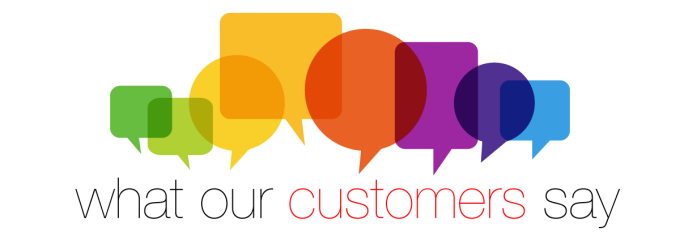This word has been coming to my awareness a lot lately. People, events, and circumstances can activate the impulsive mind. Without an impulse, the mind generally takes into account some considerations prior to acting. When you’re acting without thought to the consequences, an impulse creates sudden action. Then you have to live with any unintended ramifications. Oh snap, I acted without any forethought when I ate that second cookie (tee hee).
An external stimulus is usually the culprit that generates the impulse. In my case, it was the smell of a fresh-baked chocolate chip cookie! I didn’t even have to think about it. There are two sides to every story, as the saying goes. Well, my life is a story and I have at least two sides to my personality. One side likes immediate gratification and the freedom to eat another cookie. The other side has enough self-awareness to speak up on the dangers of a tummy ache as a possible outcome to eating that second cookie.
Then there are those pesky Universal energies called karma and destiny. Both can create magnetic impulses that draw you toward people and situations. It can be challenging to be aware of an impulse, to the extent of suppressing words or actions. This can be compounded when destiny is calling. Then there are those pesky times when someone or something gets me in my feelings. I’m sure emotions can distort all rational thinking! Let’s forget about rational thinking for a moment to receive a whisper on impulse.
Unexpressed emotions influence impulsive behavior. Anger distorts the thought process and triggers a bias in the decision-making process. There can be optimism in any call to action where emotions are involved. Jealousy can provoke actions that cannot be taken back. The feeling of the power of control can mask insecurities enough to influence a sudden lack of judgment.
Personal evolution with a desire for improvement cultivates higher levels of self-awareness. When facing a stimulus that motivates an impulse, the evolved self can have the awareness to pause. Considering the consequences can help you understand the long-term consequences of any action that brings a short-term reward.
Low self-esteem, negative moods, anxiety, and depression can fuel impulsive behavior. Stress and external pressures will amplify the tendency toward impulsivity. In many cases, priorities will determine the outcome. If one values good health over poor food choices, the impulse become manageable. When importance is placed on self-servitude, other considerations can be neglected. Procrastination is the result of an impulse to avoid facing certain emotions.
Inconsistency of the mind creates energy leaks around self-control. Struggles with self-control usually revolve around conflicting emotions between short- and long-term interests. Strong emotions generally fade in a short amount of time. With greater awareness, one can pause when facing an impulse. Allow time to help you rise above the conflict. Positive positioning takes courage and determination. Finding balance is an art form dedicated to holding a perspective that leans toward greater love for self and others.
Bring joy, ease suffering and create beauty, then dance like you mean it!
Blessings, Russell
“Between stimulus and response there is a space. In that space is our power to choose our response. In our response lies our growth and our freedom.”
Viktor E. Frankl
Learn more about the latest at the IEL Institute for the Spiritual Arts
The easiest way to learn and expand your spiritual gifts!
Check out the new 8.1 Soul Attachment Therapy

